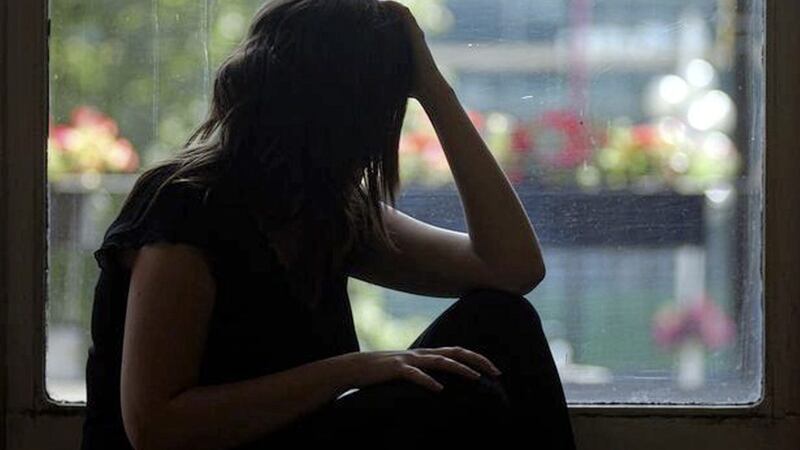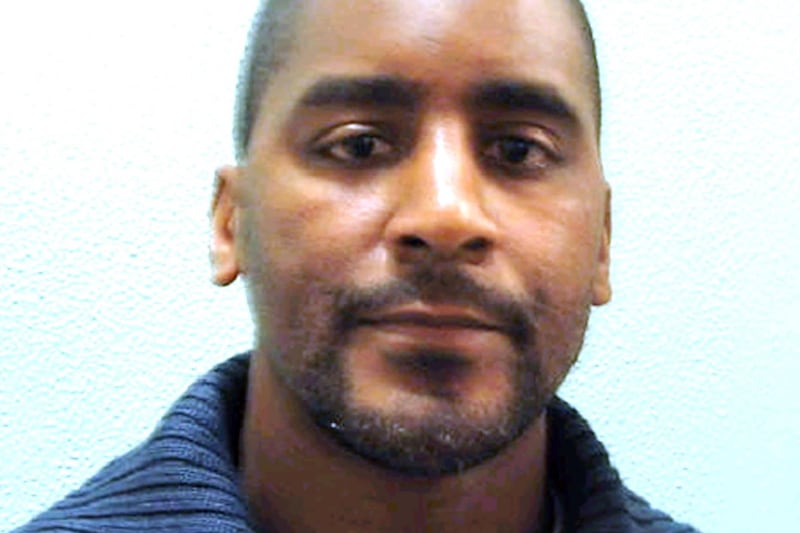ALL sexual assault victims should be protected in court from "undue and unnecessary personal cross-examination", a new report has recommended.
A multi-agency group of experts has recommended an increase in the Republic's courts use of pre-recorded evidence - including cross-examination - in cases of sexual assault.
The issue has been in the spotlight on both sides of the border after the woman at the centre of the Ulster rugby rape trial spent eight days in the witness box and underwent separate cross-examinations.
The group, convened by Rape Crisis Network Ireland (RCNI), notes that restrictions to personal cross-examination already apply to victims under the age of 18.
However, it urges that this be extended to "those over 18".
"The distinction between the two age groups is hard to justify in our view, as both groups are likely to be distressed unduly and unnecessarily by personal cross-examination," the report concludes.
The report recommends "the use of pre-recorded direct evidence is expanded and that pre-recorded cross-examination is piloted, as has been done successfully in England and Wales".
It notes gardaí and (child and family agency) Tusla "are currently working to develop joint interviewing to reduce the need for multiple interviews".
"We think that the facility to have pre-recorded statements introduced as direct evidence should be made available to witnesses who are identified by members of An Garda Síochána/Garda Ombudsman Commission or by the court, as vulnerable, because of the nature of the offence or the circumstances surrounding it, regardless of their age or mental capacity," it says.
"Pre-recording of direct evidence has become routine in some other jurisdictions (eg Western Australia and England and Wales) to the extent that objections to it on principle have become rare in recent times, and workable solutions, both legal and administrative, have been found to common technical hitches."
The report says that pre-recording statements "soon after" a complaint has been made "maximises the potential of the witness to recall, fully and accurately, what happened".
And, crucially, the experts believe it also "helps to minimise the risk of secondary traumatisation by reducing exposure to the criminal justice process itself".
They note that there is currently "no way in which pre-recorded cross-examination may be introduced as evidence in court".
This leads to witnesses being forced to give live evidence "months or (more likely) years after the event, when he or she is at the disadvantage of having to recall the event in just as much detail as he or she provided on the pre-recorded statement and in an adversarial setting".
They point out that there were fears in England and Wales that if pre-recording would "pose a huge obstacle to effective cross-examination", but, in practice, "it was relatively easy to deal with".








